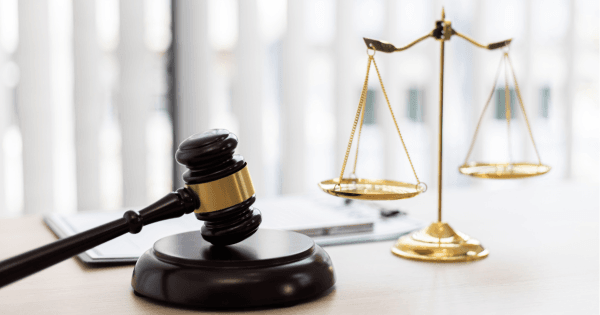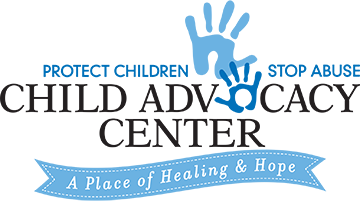
I have been a prosecutor now for over 25 years. I spent 19 of these years handling child sex offense and adult rape cases. I have traveled to many civic groups and organizations over the years talking about these types of cases. The two questions I am continuously asked are (1) Why is the Child Advocacy Center (CAC) so important to prosecutors? and; (2) Why is the CAC so important to children? Here is a real story (names have been changed for privacy) demonstrating that impact.
One evening in September of 2011 Susie was driving Matt to his home several counties away. Susie had just met Matt on the internet and had brought him to her home. Susie asked her granddaughter Katie (age 7) to ride with her so she would not have to drive back alone at dark. In a secluded area along the way Matt insisted that Susie pull down a dirt road. Susie refused and stopped in the middle of the roadway. Matt began to brutally beat Susie. Debbie a good Samaritan observed the altercation and stopped to help. Matt punched Debbie through an open window in the car and moved Debbie to the passenger seat. Matt then placed the child in Debbie’s car and drove away leaving Susie in the roadway. Matt began to sexually assault both Debbie and the child while driving. He made them perform sexual acts on him, and on each other. Matt then traveled down a dirt road and found an abandoned house. He broke in the house and took both victims inside the house, where he continued to sexually assault them. Eventually Matt made them both march into a wooded area where he placed them back to back, he placed his belt around their necks, and attempted to strangle them. Debbie fought back and Matt nearly beat her to death. He left Debbie naked and presumed dead in the woods and took the child back into the house. Debbie regained consciousness and crawled to a house nearby alerting the owners to call the police. The police soon found the house. The police were engaged in a hostage situation for many hours. At last they decided if they did not act Katie would be killed. The S.W.A.T team entered the home to find Matt holding Katie at knife point in a closet.
Katie was obviously traumatized. The police knew Katie had been sexually assaulted. Debbie was able to disclose the events that happened in Debbie’s presence, but they did not know what had taken place in the house for the hours before Katie was rescued. Katie was taken for a forensic interview at the Child Advocacy Center (CAC) two days later. She disclosed facts and details of the kidnapping and assault but would not disclose any of the facts of the sexual assaults. This interview was recorded. Katie was referred to counseling and therapy. The criminal case took nearly three years to go to trial. Katie with the help of therapy was able to disclose the sexual assaults, however had trouble remembering all the details of the kidnapping and assault. A Forensic Pediatrician was called to testify at the trial and was able to use the prior video to explain the lack of initial disclosure and show the jury using the video the obvious trauma to this child. Katie testified on her own behalf and was able to use the prior video to refresh her memory of the facts. Matt was convicted of 25 separate charges.
This story is important to understand why the CAC is important to the prosecution of Child Sex offense cases. It is often years before children testify. There are often numerous charges that require specificity of the facts to prove each charge. Children often forget details or block traumatic events over time. The forensic interview videos document the facts of the case and allow the jury to see the children shortly after the events occur. The CAC provides qualified interviewers who know how to talk to children about the abuse they experienced. The CAC also provides expert witnesses that can testify potentially about facts and circumstances the child may have forgotten.
This story is also important to understand why the CAC is so important to the children who are victims of abuse. The CAC provides a safe and child friendly environment to interview, investigate, and provide support for abused children and their families. The video interview prevents the child from being interviewed over, and over again by different agencies. This alleviates the continued traumatization of children and allows them, to heal. It may also be the biggest tool they have to tell their story in court.
